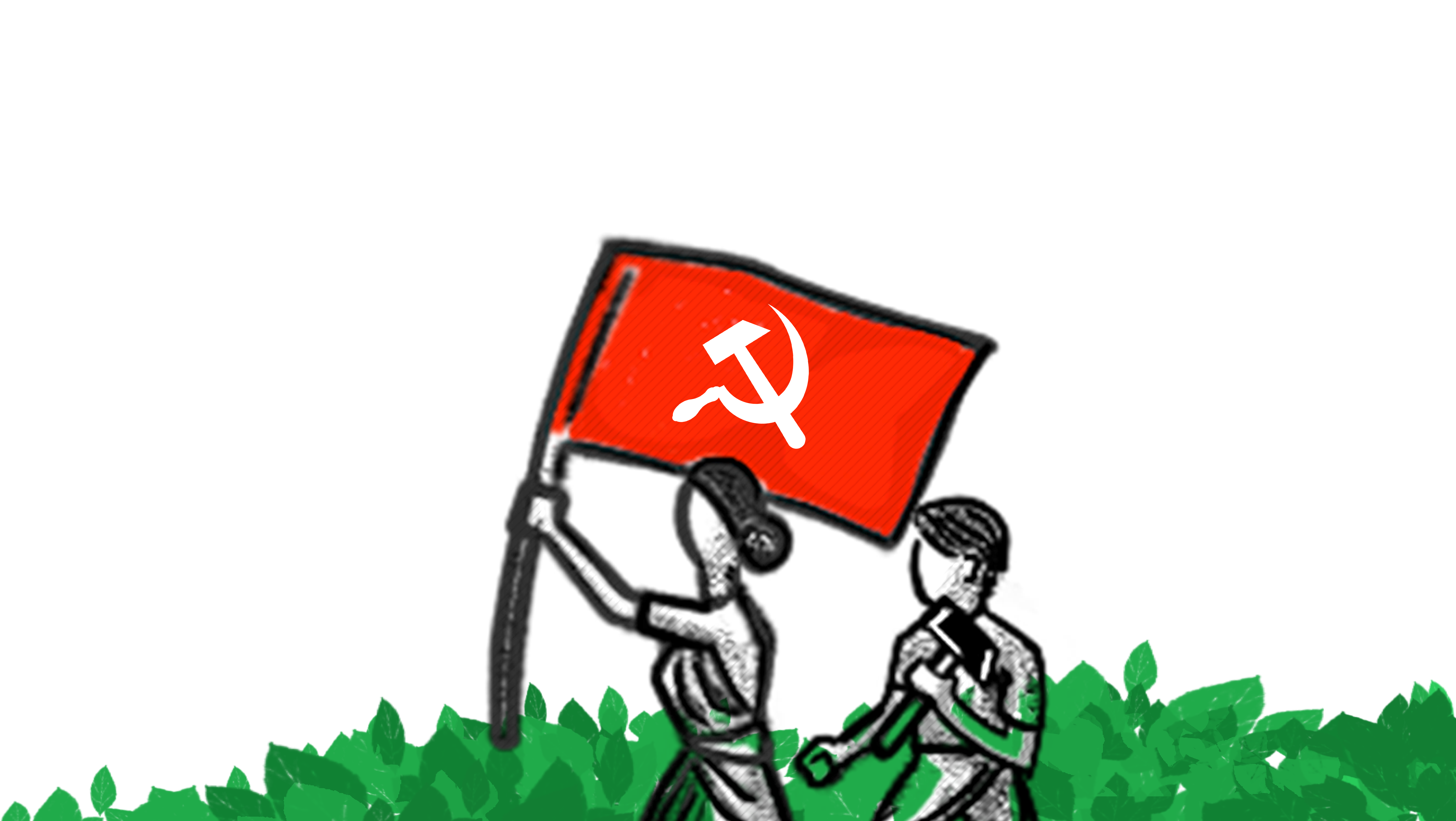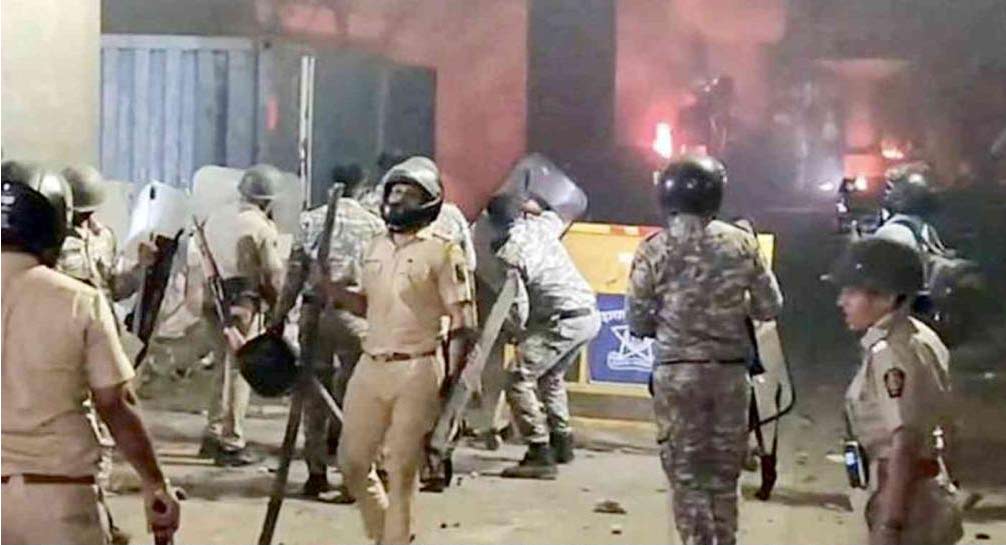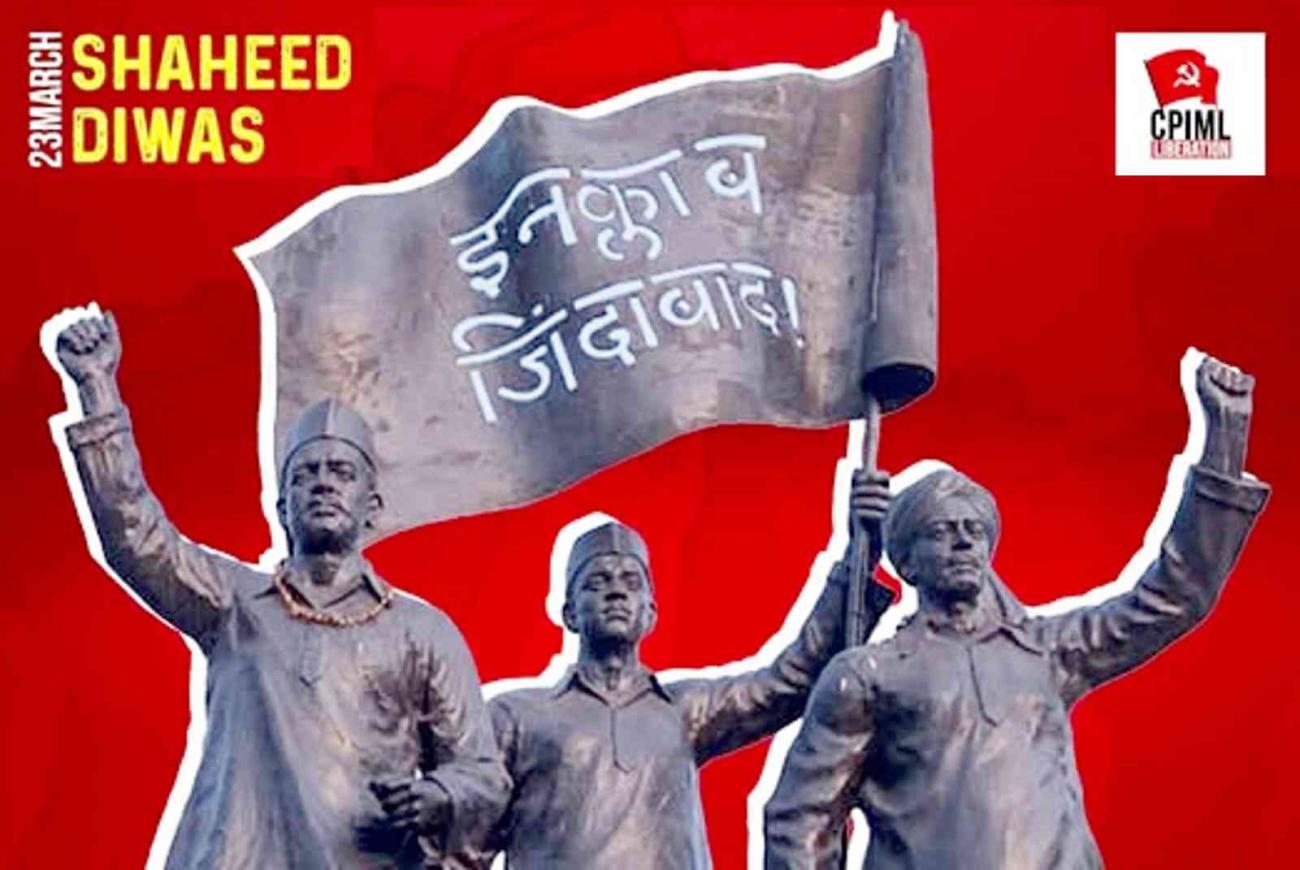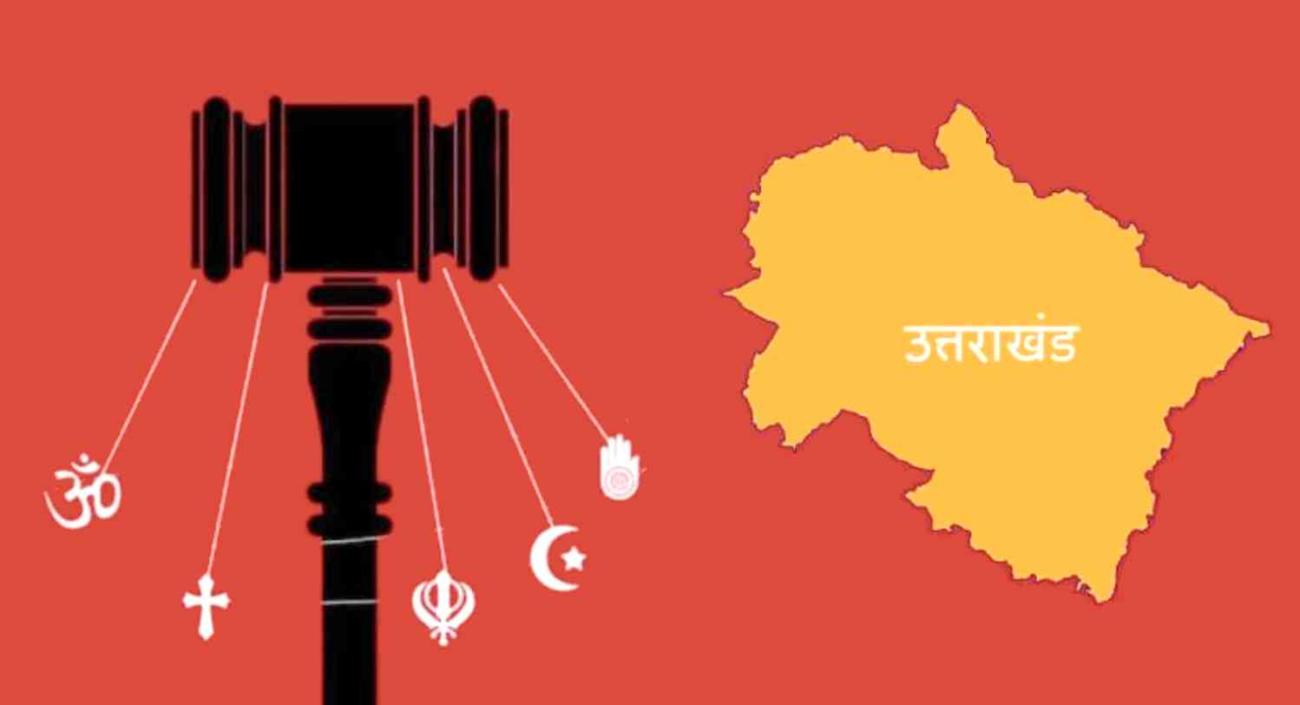In every home a burning ghat
In every home a gallows
In every home are prison walls
Colliding against the walls
She falls
Gorakh Pandey, 1982
Nirupama, a bright young journalist, had made her break for freedom from the prison walls of home and feudal society. As a graduate from the IIMC, living independently in a small rented room, and employed as a journalist, she must have felt reasonably free. The khap panchayats might have seemed remote from her life the stuff of stories she would investigate as a journalist, perhaps. But of late, the prison walls, hitherto hidden in the mists of parental love, had begun to cast their shadows on her life. She had fallen in love with a classmate, Priyabhanshu, and intended to marry him. Her father had written her a letter, reminding his daughter that in his eyes, social laws were defined not by the 60 year-old Indian Constitution but by centuries-old Sanatan Dharma according to which a girl from a high-born family was not allowed to marry a boy from a caste lower than her own. Since Nirupama was a Brahmin, and Priyabhanshu a Kayastha, a match between them was unthinkable, he said, and counselled them both to give it up.
A civilised letter from a high-born father! Quite a contrast to that post mortem report which testifies to the fact that three people (including, probably, her mother) in Nirupamas home got together to overpower her, and smother her with a pillow over her head!
In the homes of the high-born, in Indias caste-ridden society, the much-loved daughter turns into something too dangerous to live, if her sexuality slips out of the structures of feudal control. Babu Bajrangi, the Sangh Parivar leader from Gujarat, who boasts of having rescued (i.e abducted) a 1000 Hindu women who dared to marry Muslim or lower caste men, says that every daughter (beti) is a bomb that threatens to blow up caste society. The daughters body is, literally, the porous border of caste purity and must be policed carefully to prevent infiltration. The daughters act of choosing her own partner causes terror in the custodians of caste society. No wonder she is compared to a bomb!
When IIMC students and activists of students and womens groups met the NCW Chairperson Girija Vyas over the Nirupama case, she agreed for the need for investigation and punishment for the killers, and even for the need for a law against honour killings. But she also turned around and asked Priyabhanshu Why didnt you marry her? That would have saved her life.� When an AISA leader pointed out that marriage had not protected couples from murder by khap panchayats, Ms. Vyas said that Nirupamas case could not be termed an honour killing. Khap panchayats and honour killings were specific to Haryana, she suggested. The NCW, it seems, is reluctant to recognise that the violence of the high-born against their daughters right to choose a partner is a national phenomenon.
The khap panchayats in Haryana (patronised by powerful political forces including Congress leaders), the Sangh Parivar which whips up rumours of love jehad to target Hindu-Muslim matches are instances of organised political backing for honour killings. But the violence of the high-born is not confined to these instances. It is not even confined to killings. Daily, quietly, within the walls of ordinary homes, daughters are coerced, pressurised, even imprisoned and beaten and many times killed to prevent them from loving or marrying from choice. Nari Niketans are full of adult women who have married out of caste and community, who are incarcerated on the basis of false complaints by their parents that they are minors who have been abducted by their husbands!
An NCW hoarding at Rajeev Chowk Metro Station displays a quotation from M K Gandhi Women are the special custodians of all that is pure and religious in life.� The fact that NCW can endorse such a sentiment indicates that the NCW has no understanding of the roots of violence committed in the name of honour. If women are expected to be repositories of all that is pure and religious,� what happens to women who choose to defy the rules of purity and religion? Attacks on women who choose partners outside the caste and community are defended precisely on the grounds that the women are defiling the purity of caste, Sanatan Dharma, etc.
When multi-millionaire businessman and Congress MP Naveen Jindal praises khap panchayats for their yeoman service, naturally a huge question mark is raised on the commitment of the Congress party in power in Haryana as well as at the Centre to stop honour killings. It is telling that the VHP too has supported the khap panchayats demand for a ban on same gotra marriages. The Central Government must be told that lip service will not do. They must enact a law that strengthens the hand of every Manoj and Babli, every Nirupama and Priyabhanshu, every couple that love or marry in defiance of caste and community barriers.





